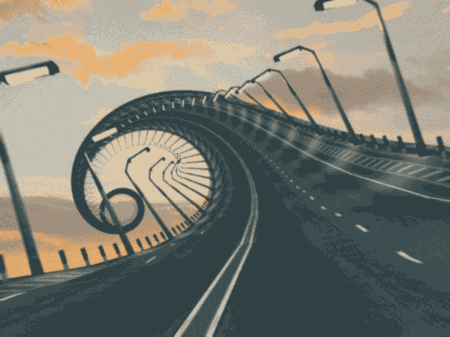Aeolus451 said:
setsunatenshi said:
and you pull that knowledge from which body orifice exactly?
at least present a counter argument to my point, not a supposed factual statement without any justification for it.
in an unsofisticated view of reality a person that pirates 100 games and ends up buying 20 of those, for you is a net loss for the industry. so in your mind, this person "would" have bought actually 100 games, thus representing a net loss of 80 games.
now if you use your brain a little, perhaps you would realize that said person might have a specific budget that can only afford those 20 games, and if no other option would be available only would buy those 20 games. actually, having no way to try out several games before buying, they might just end up playing it safe and only buy the sequels for ips they already know won't disappoint them, never even giving a chance on a new type of game they may or may not end up liking. instead of those 20 games
this is just one example of how the human mind works and exactly why this bullshit of 1 pirated copy = 1 loss sale is just flat out wrong.
another example would be little Timmy, with a very limited budget (maybe can afford 2 or 3 games a year + whatever they get for birthday). if he ends up downloading 100 different games, how are these exactly lost sales? they aren't. how may it benefit the industry that he got to play all these games? well, in a few years little Timmy will have a little job and plenty of disposable income. he grew up a gamer, so chances are he will still be a gamer after his 20's. all those games he couldn't afford from being a kid, he can indulge now and buy all the stuff he always wanted but never was able to. He might end up in a nostalgia trip buying remakes and remasters of the old classics from his youth.
i think this should be enough to get my point across
|
Look, I'm all for you saying your opinion but lay off going after me as a person otherwise leave me the fuck alone. I don't have any reason to converse with anyone who can't debate without resorting to insults. Can you converse like an adult? I guess we'll see in your next reply.
I'll use your example. if you pirated 100 games and bought 20 of those after the fact, you still pirated 80 games. Sure some of those you'd might not have bought if you didn't have the option to pirate them but it doesn't change that you pirated those games. Also, a good portion of those 80 games, you'd probably would have bought if you had no option to pirate. So yes, they're losing money/purchases to pirates.
|
@bold
it's irrelevant for the argument that x games were pirated. the argument is: does piracy increase or not the legitimate game sales, so please, argue this point.
again, you push assertions with nothing to back them up: "a good portion of those 80 games, you'd probably would have bought if you had no option to pirate."
So yeah, i need to ask again, from where are you pulling that exactly? when a person is afluent enough to be able to afford this hobby, their time is not spend in mental gymnastics on how to circumvent the rules. they will take the easy path to get their pleasure. it's just how humans work.
My conclusion here is this, you're arguing from a moral standpoint. It means you are not even ready to concede that a net positive is possible from an action you deemed immoral from the start.
I am arguing from a practical standpoint. I can see how this action can have a positive effect to the industry. I can see that the long term "investment" on new gamers does pay off by fostering 1 more person that will take gaming as their main hobby even if at some point of their life they couldn't afford it.
So look back at what your main point, look at my point, and then determine which one exactly is addressing the main question of the OP.





















































